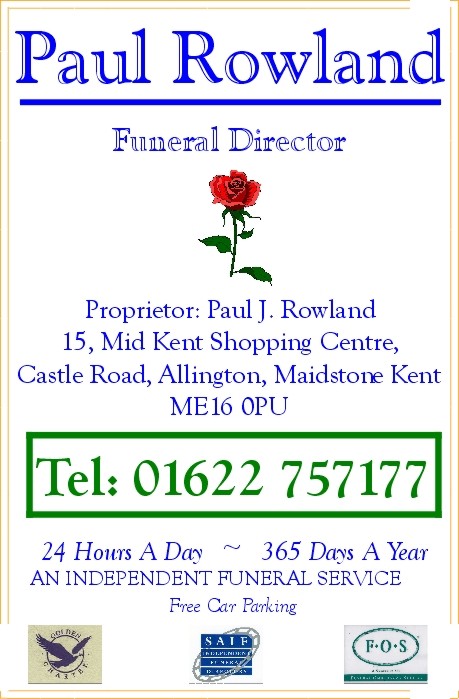Vicars Letter

War
and Uncertainty
We
do live in disturbing times. At one level we know more,
we have access to more information than ever through
media, internet, freedom of information acts. We have
more rights and responsibilities than ever; we are told
we live in a democracy, governments talk of transparency
and accountability, we live in a country with a Human
Rights Act. And yet we feel almost equally powerless in
the face of terrorism or terrible destructive actions by
Iraq or North Korea or in trying to stop the USA and our
own country from vast bombing and invasion of Iraq. And
we are deprived of the assurance of knowing sufficient
about the situation in Iraq to know whether there is any
justification for such military action or not. And
then discussion and opinions become muddled with other
agendas - does tough talking and war help English
speaking politicians get re elected, is it all about oil,
is there a Israeli/Palestinian angle involved?
Trust is in short supply. Not only do those with crucial
information keep it to themselves, for how many recent
actions have been subverted by information leaking? But
our own politicians and other countries have been
shown to have such a variety of mixed and hidden motives
for their actions, that we have learnt not to trust them.
It does seem to me that those who put their trust in the
United Nations to make good decisions are extremely
naive. The UN Commission on human Rights has just elected
a Libyan Chief Officer - from a country noted for gross
human rights abuses. The vetoes the five permanent
members may use in the Security Council are liable to be
used for all sorts of reasons other than what is right
and just and likely to promote the security of the whole
world.
As far as possible, I suggest, we focus more on those
things we can do something about rather than those we
cannot. We can ask questions, we can seek to make our
views in all their perplexity known. But we can act
closer to home. The world will only function in a just
and humane way if there is trust. Building up trust
between persons, trust in institutions we are part of is
important. Acting reliably, with integrity, as far as
possible respecting the views of others. Where we believe
an important matter of principal is at stake, and these
are generally few but crucial, stating our position
straightforwardly, firmly still respecting those whose
views we consider wrong.
In all of this there is the need for prayer. Prayer
putting our longings before God for that is what honesty
in our relationship with God requires. Prayer seeking
God's help in making discriminating judgments. Prayer
that others may act rightly and justly. The prayers that
survive from the early Church are dominated by prayers
for peace and unity. In a world dominated by vast power
exercised arbitrarily one can understand this. Our needs
today, when power so easily appears exercised in
perplexing ways, are also for prayer for peace and unity.
Christopher Morgan-Jones

Click here for the Paul Rowland Web Site